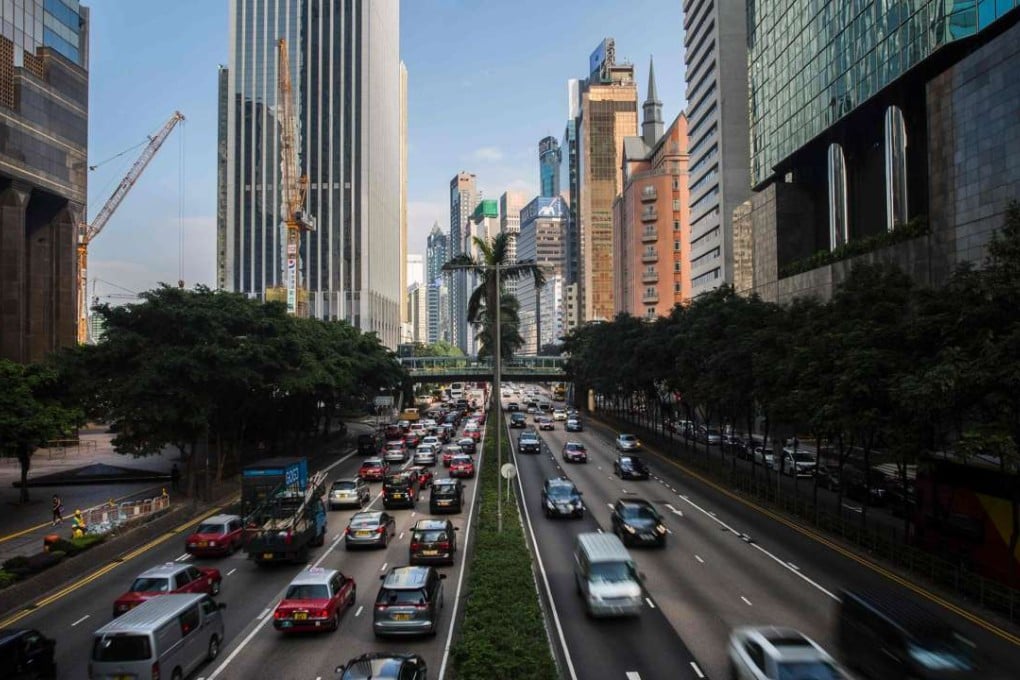Hong Kong needs a data revolution at the very top
Winnie Tang calls on the government to build solid infrastructure for spatial data, so citizens and companies can use it to devise innovative solutions for urban living

About two-thirds of the world’s population will be living in urban areas by 2050, according to the UN. The increase in demand for services in these areas will pose great challenges to governments. To meet them, we need smart and sustainable urban planning, and strategies that ensure prosperity is shared among all social classes.
Big Data becoming necessary for ‘survival’, say experts, but Asian firms lagging behind in its use
How can we put these ideas into practice? How can we foster innovative ecosystems and citizen engagement to deliver urban services? These are the key topics to be discussed at an upcoming World Bank conference on smart cities, where I will speak about Hong Kong.
Open data is a crucial part of the answer. By “data”, I’m referring to spatial data or geospatial data, information about the geographic location of features, that can be mapped. It can be accessed, visualised, manipulated and analysed through the use of software.
It may seem technical but if you bring it back to basics, you will find that it already plays a key part in our daily life. It is also a key element for driving the growth of a smart city. Many countries and cities recognise spatial data as an important digital asset. The US, Singapore and some European countries have projects that integrate spatial data and make these available to the public.

Hong Kong faces challenge from Singapore in ‘smart city’ planning
A holistic approach would encourage more public engagement, which is essential in building a smart city
